The Hindu Marriage Act, 1955 is an important legislation that amends and codifies the law relating to marriage among Hindus in India. Enacted by the Parliament in the sixth year of the Republic of India, this Act applies to Hindus in all their forms and developments, including Virashaivas, Lingayats, followers of the Brahmo, Prarthana, or Arya Samaj. It also extends to Buddhists, Jains, Sikhs, and other persons domiciled in India, excluding Muslims, Christians, Parsis, and Jews, unless they would have been governed by Hindu law or custom in certain matters covered by the Act.
Table of Contents
TogglePreliminary Provisions
The Act begins with a short title and extent, stating that it is called the Hindu Marriage Act, 1955, and it applies to the whole of India. It further clarifies that it also applies to Hindus domiciled in India who are residing outside the country.
Conditions for a Hindu Marriage
According to Hindu Marriage Act, 1955, a Hindu marriage can be solemnized if certain conditions are fulfilled. These conditions include:
- Neither party has a living spouse at the time of marriage.
- Both parties are mentally and physically capable of giving valid consent for marriage.
- The bridegroom has attained the age of twenty-one years, and the bride has attained the age of eighteen years at the time of marriage.
- The parties are not within the prohibited degrees of relationship, unless the customs or usage governing them permit such a marriage.
- The parties are not sapindas of each other, unless the customs or usage governing them permit such a marriage.
Hindu Marriage Ceremonies
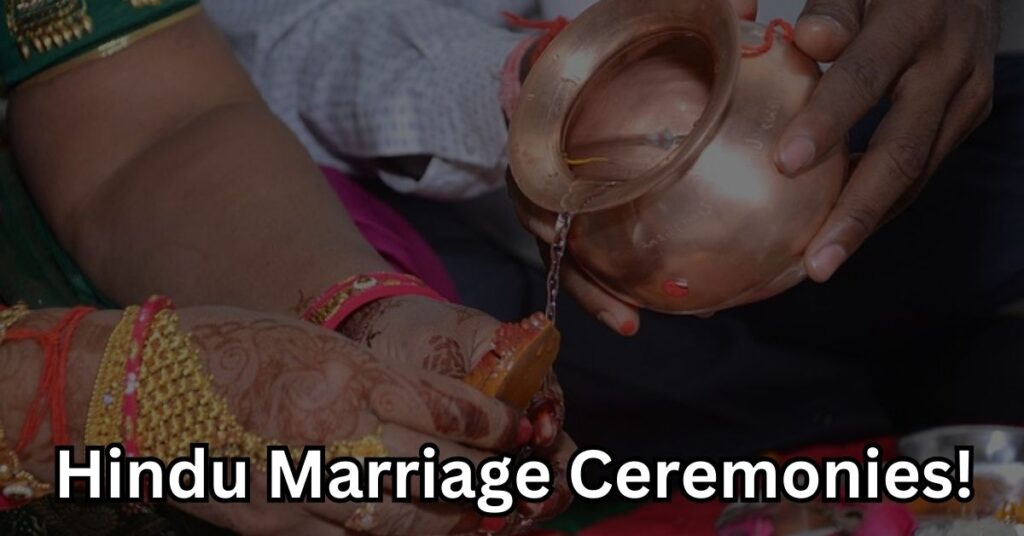
As per Hindu Marriage Act, 1955, a Hindu marriage may be solemnized according to the customary rites and ceremonies of either party. The Act recognizes the Saptapadi (taking of seven steps by the bride and groom) as a significant ritual, and the marriage becomes complete and binding when the seventh step is taken.
Hindu Marriage Registration
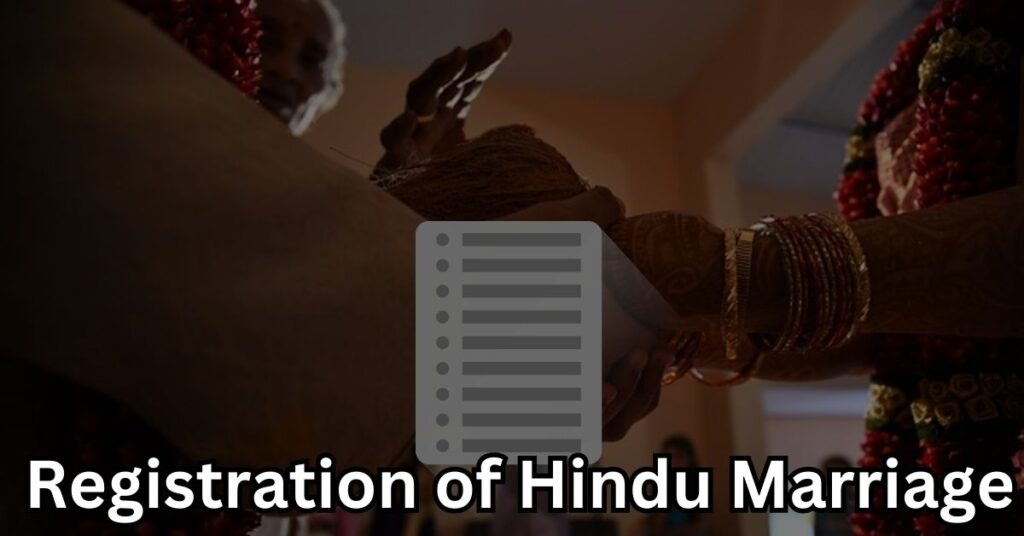
For the purpose of facilitating proof of Hindu marriages, the Hindu Marriage Act, 1955, allows the State Government to make rules regarding the registration of marriages. The parties to a marriage may have their marriage details entered in a Hindu Marriage Register, which can be inspected and used as evidence of the marriage. The Act empowers the State Government to make registration compulsory and imposes fines for contravening the rules.
Restitution of Conjugal Rights
In cases where either the husband or the wife has withdrawn from the society of the other without reasonable excuse, the aggrieved party may apply to the district court for restitution of conjugal rights. If the court is satisfied with the truth of the statements and finds no legal ground to deny the application, it may decree restitution of conjugal rights. Such Petitions can be filed under section 9 of The Hindu Marriage Act, 1955.
Judicial Separation
The Act also provides for judicial separation, where either party to a marriage can present a petition for a decree of judicial separation. The court has the power to rescind the decree if it deems it just and reasonable to do so. Such Petitions can be filed under section 10 of The Hindu Marriage Act, 1955.
Nullity of Marriage
The Act addresses the issues of void and voidable marriages. A marriage solemnized after the commencement of the Act is considered null and void if it contravenes certain conditions specified in the Act. On a petition presented by either party, the court can declare such a marriage null and void. Such Petitions can be filed under section 11 of The Hindu Marriage Act, 1955.
Voidable marriages, on the other hand, may be annulled by a decree of nullity on specific grounds. These grounds include non-consummation of the marriage, contravention of certain conditions, obtaining consent by force or fraud, or the respondent being pregnant by someone other than the petitioner. Such Petitions can be filed under section 12 of The Hindu Marriage Act, 1955.
Mutual Divorce
Under the Act, mutual divorce is a provision that allows both the husband and wife to dissolve their marriage by mutual consent. It is a legal procedure that offers an amicable and less adversarial approach to ending a marital relationship. Mutual divorce provides an opportunity for couples to part ways on agreed terms, minimizing conflict and emotional distress. Such Petitions can be filed under section 13B of The Hindu Marriage Act, 1955.
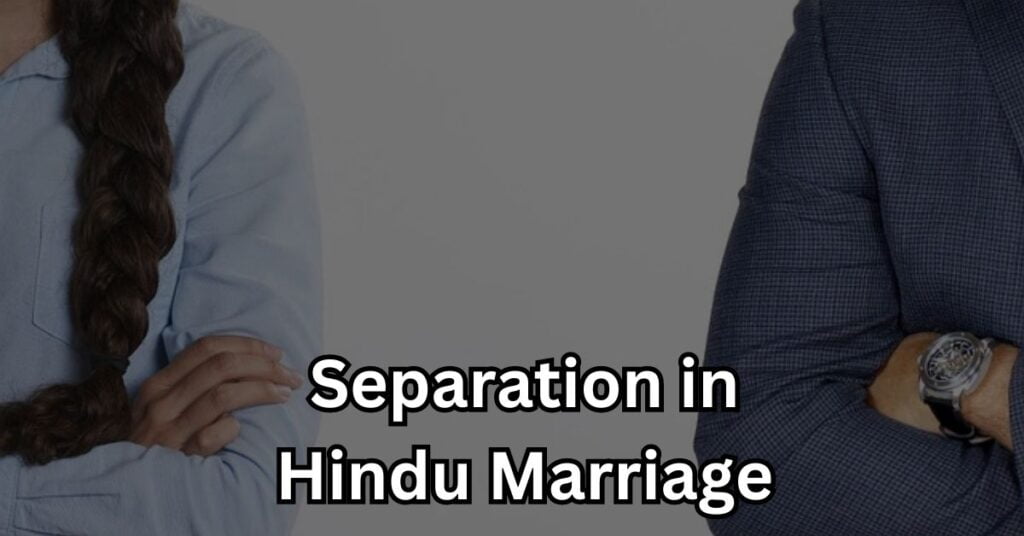
Contested Divorce
The Act also provides for contested divorce, allowing either the husband or the wife to present a petition for dissolution of marriage. Such Petitions can be filed under section 13 of The Hindu Marriage Act, 1955. The grounds for divorce under the Hindu Marriage Act, 1955 include:
Adultery: If either party engages in voluntary sexual intercourse with any person other than their spouse, it is considered adultery. A divorce petition can be filed on the grounds of adultery.
Cruelty: If either party subjects the other to mental or physical cruelty that makes it impossible to live together, a divorce can be sought. Cruelty includes both physical and mental abuse, harassment, or any conduct that endangers the life or health of the spouse.
Desertion: If either party deserts the other without any reasonable cause and without the consent or against the wish of the other spouse, it can be a ground for divorce. The desertion should continue for a continuous period of at least two years before filing the petition.
Conversion: If either party converts to another religion and ceases to be a Hindu, the other spouse can file for divorce. However, conversion alone is not sufficient grounds for divorce. The converting party should also renounce Hinduism and embrace another religion.
Mental Disorder: If the spouse is suffering from a mental disorder that makes it impossible to live together and the condition is of such a nature that the petitioner cannot be reasonably expected to live with the respondent, a divorce can be sought.
Virulent and Incurable Form of Leprosy: If either party has been suffering from a virulent and incurable form of leprosy, a divorce can be sought.
Venereal Disease: If either party has been suffering from a venereal disease in a communicable form, a divorce can be sought.
Renunciation of the World: If either party has renounced the world by entering any religious order, a divorce can be sought.
Not Heard Alive: If the party filing for divorce has not heard about the spouse being alive for a continuous period of seven years or more, the absence of the spouse can be a ground for divorce.
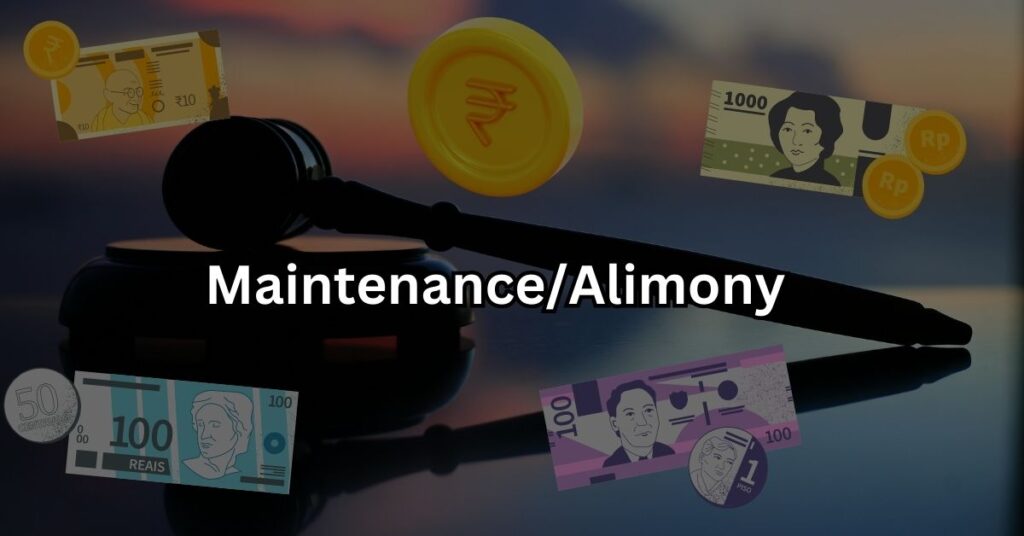
Maintenance During Litigation
The Act empowers either spouse to seek financial support from the other party during the ongoing legal proceedings. The objective is to ensure that the dependent spouse can maintain a reasonable standard of living and have the necessary resources to meet their day-to-day expenses. It aims to provide temporary relief to the financially weaker spouse until a final settlement is reached. This provision plays a crucial role in protecting the rights and well-being of individuals going through marital disputes under the Hindu Marriage Act. Such Petitions can be filed under section 24 of The Hindu Marriage Act, 1955.
Permanent alimony and maintenance
The Act allows either spouse, after the finalization of divorce or judicial separation, to approach the court for an order of permanent alimony or maintenance. It aims to provide long-term financial support to the financially weaker spouse who may have limited earning capacity or resources to sustain themselves. The court considers various factors such as the income, assets, and liabilities of both parties, as well as their individual needs and circumstances, while determining the amount of alimony or maintenance to be awarded. Such Petitions can be filed under section 25 of The Hindu Marriage Act, 1955.

Landmark Judgements
Below are a few landmark judgments on The Hindu Marriage Act, 1955:
- Amardeep Singh Vs Harveen Kaur: Hon’ble Supreme Court of India held that the waiting period of six months for mutual divorce under section 13B of The Hindu Marriage Act, 1955, could be waived off and provided guidelines for waiver.
- Shilpa Sailesh Vs Varun Sreenivasan: Hon’ble Supreme Court of India held that it can exercise power under Article 142(1) to grant a decree of divorce by mutual consent and can bypass the provisions of section 13B of The Hindu Marriage Act, 1955. Hon’ble Supreme Court of India also recognized its discretionary power to dissolve a marriage on the grounds of irretrievable breakdown, which is otherwise not provided under section 13 of The Hindu Marriage Act, 1955.
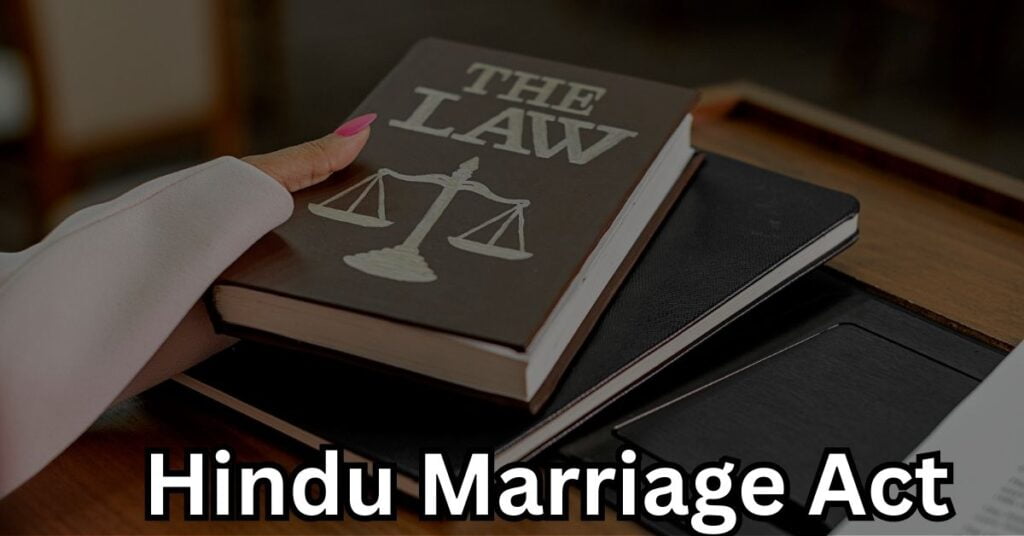

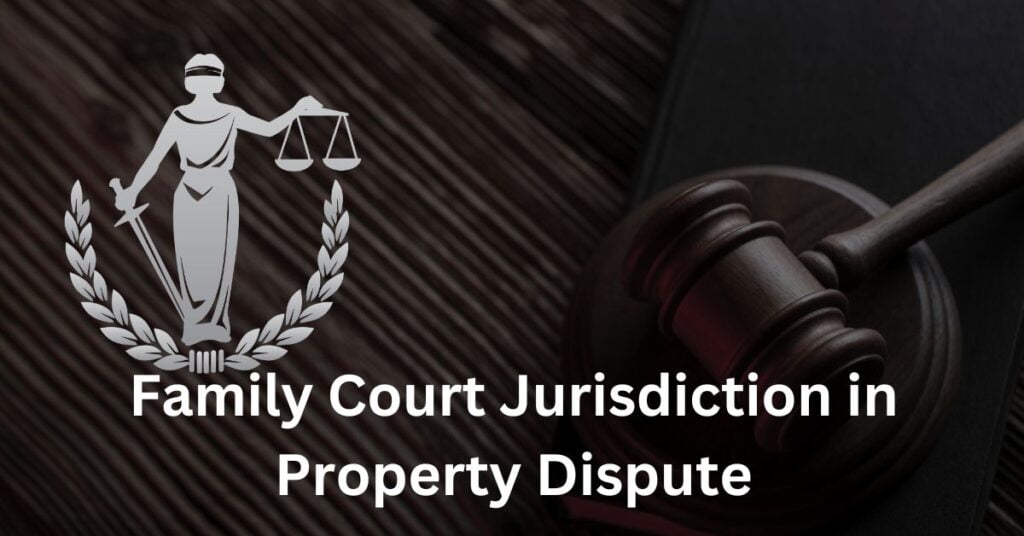

Pingback: Anti-Suit Injunction Denied to Husband | Supreme Court Judgement
Pingback: Anti-Suit Injunction Granted to Wife | Indian Family Laws
Pingback: Alimony in India: Understanding the Legal Framework and Process